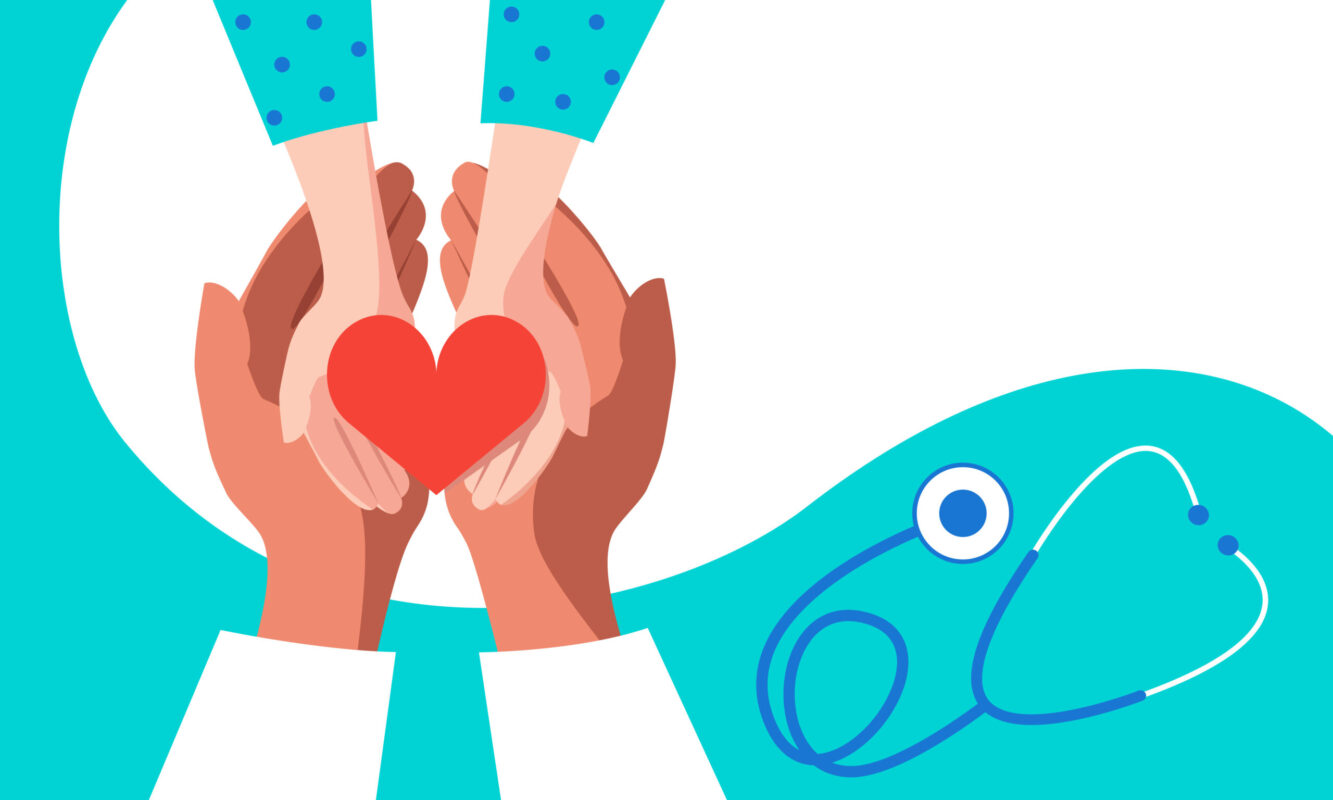By the time children start school, parents may not schedule check-ups as regularly as they did in the first years. Or they may schedule them only when it’s time for immunizations.
But care before and after the kindergarten milestone is equally important, according to Dr. Audrey Atkins, a corporate medical director and pediatrician for BlueCross BlueShield of Tennessee.
“While the physical exam and immunizations are important, there’s more to a check-up than listening to a child’s heart and lungs. Pediatricians look at the whole health of a child, including developmental, behavioral and mental health. The earlier that any issues are addressed, the better the outcome,” explains Dr. Atkins.
Infancy to toddler years
What can parents expect to learn at newborn or infant check-ups?
Dr. Atkins: In addition to checks of heart, lungs, joints, reflexes, and reactions, these check-ups are opportunities to guide and educate parents. This can include so many things like understanding fevers, to feeding your infant, to car seat safety.
It’s also important to get family history of medical or developmental issues and to talk about milestones for the stage your child is in and what’s next.
What’s important as your child moves to and through toddler stages?
Dr. Atkins: We want to see if a child is progressing in speech, movement, and ability. There are things we look for that a parent may not pick up or see as a concern, including developmental or neurological traits.
Early diagnosis of many issues is critical because there are things that can’t be made up later in life if you don’t treat them early.
Moving into the school years
What are you looking for in terms of health and growth now?
Dr. Atkins: It’s always important to keep an eye on a child’s growth and weight. Childhood obesity is linked with long-term health conditions like high cholesterol, hypertension, or diabetes.
What else can your doctor help you understand about these stages?
Dr. Atkins: We’ll ask how they’re relating to peers. School and social anxiety can start early.
We’re also going to talk about skills they’re developing like writing. We’ll want to know how they function in the classroom or with activities to evaluate for hyperactivity or learning issues.
On to the preteen and teen stages
Are check-ups as important in these years?
Dr. Atkins: These years include frequent growth spurts. It can be hard for a parent to know what’s normal, and what’s not. But your doctor can evaluate growth and other puberty changes. This is also the time that scoliosis of the spine is likely to be noticed.
Doctors will likely continue to talk about physical activity, nutrition, and weight due to the associated health risks mentioned previously. And many at this age already have questions and concerns about how they look. So, these conversations are incredibly important.
Do you discuss social and behavioral topics with them as well?
Dr. Atkins: Most pediatricians will start conversations related to mental health even before puberty and continue them throughout subsequent check-ups.
Your doctor should ask about social media use and how that’s affecting them. The conversation may also cover peer pressure, tobacco, alcohol and drug use, and vaping.
Talking with a parent and teen together is ideal to understand family dynamics related to these topics. But we want a patient to open up. So, sometimes they may do that more if it is just the doctor and another staff member.
“We want parents or caregivers to see that well-child or teen care is more than the stethoscope and otoscope (ear) exam. It is about the whole health of a child, and we’re trained to pick up on a wealth of things related to that,” says Dr. Atkins.
Get more information about specific health terms, topics and conditions to better manage your health on bcbst.com. BlueCross BlueShield of Tennessee members can access wellness-related discounts on fitness products, gym memberships, healthy eating and more through Blue365®. BCBST members can also find tools and resources to help improve health and well-being by logging into BlueAccess and going to the Managing Your Health tab.


